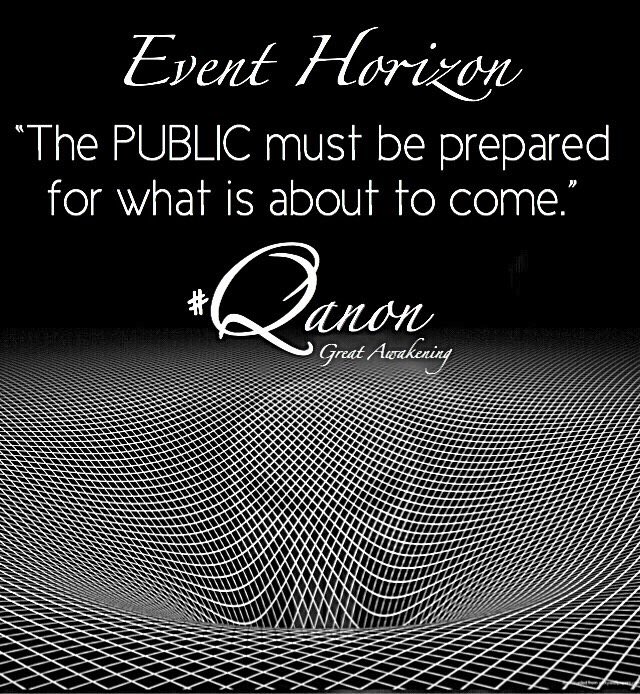1. At the end, the hero should get to look the villain in the eyes and kick them in the dick
2. the player should get to really appreciate how the world has changed after their play
I’m surprised how often major releases mess this up
Get real-time email alerts when new unrolls are available from this author!
Twitter may remove this content at anytime, convert it as a PDF, save and print for later use!

1) Follow Thread Reader App on Twitter so you can easily mention us!
2) Go to a Twitter thread (series of Tweets by the same owner) and mention us with a keyword "unroll"
@threadreaderapp unroll
You can practice here first or read more on our help page!
